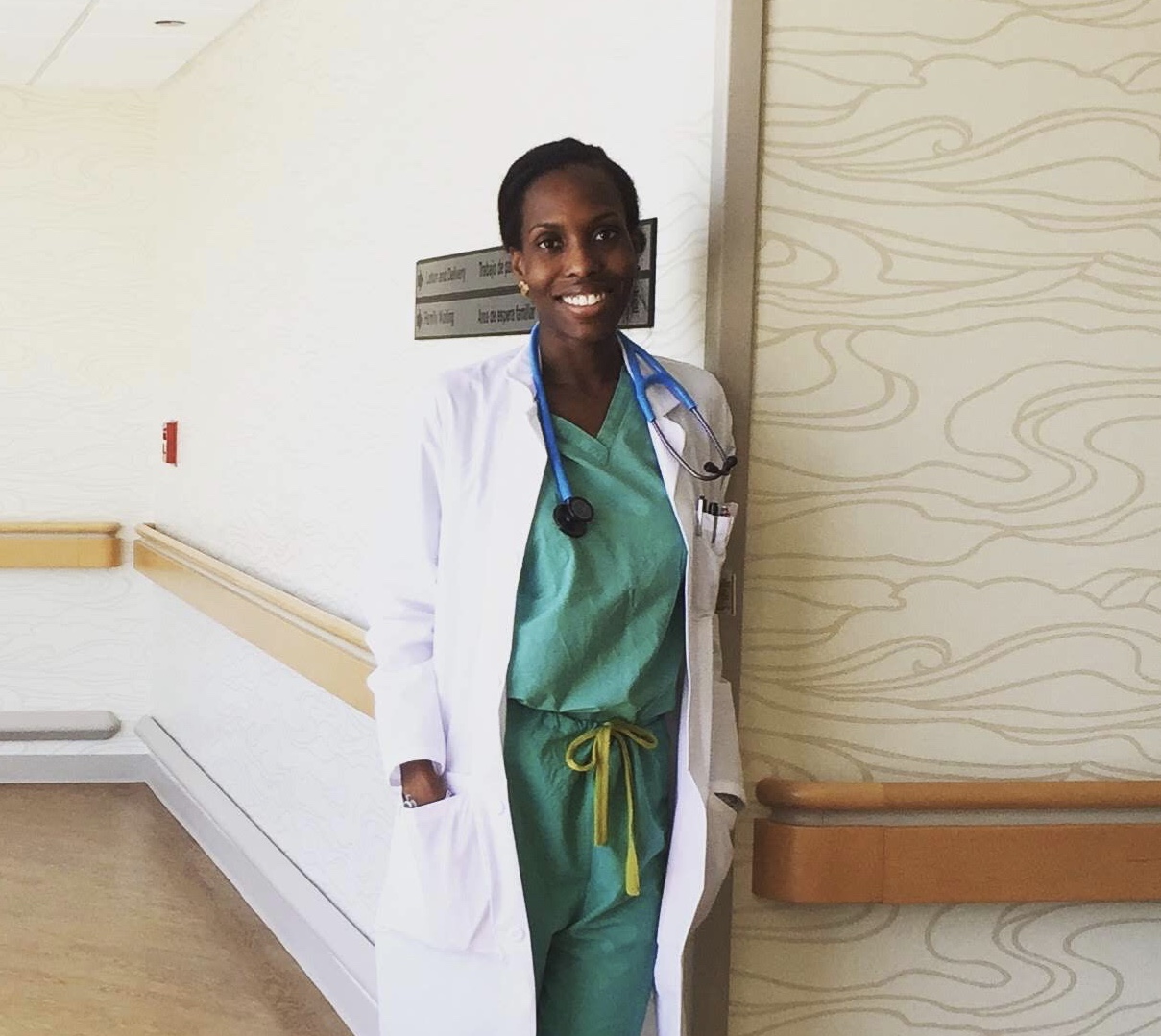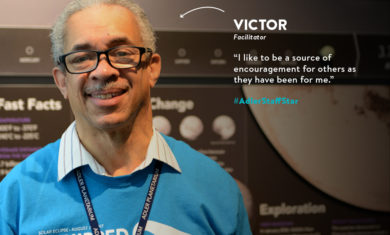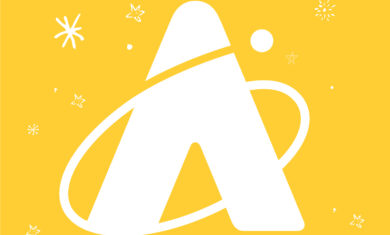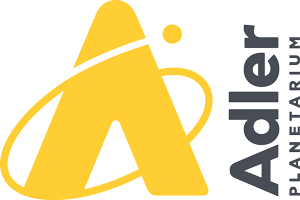Chicago’s Black Women in STEAM: Meet Choumika

“Chicago’s Black Women in STEAM” is a series on The Adler ’Scope that highlights the awesome women of Chicago who are doing amazing things in science, technology, engineering, art, and math fields here in our own community. Meet women of varying ages, backgrounds, and interests and learn their unique stories.
Choumika Simonis
Medical Student at Loyola University Chicago Stritch School of Medicine
Incoming Internal Medicine Resident Physician at NYP-Weill Cornell Medical Center
What first sparked your interest in medicine and human biology?
An anatomy class that I took in high school piqued my interest in human biology and medicine! As an aspiring physician, I sought opportunities to shadow physicians, engage patients, and travel to other countries to learn about different healthcare cultures and practices. All of these extraordinarily diverse experiences helped shape my understanding of medicine, healthcare, and my own potential future contributions as a physician.
You once served as an English teaching assistant in Indonesia—so cool! What was that experience like for you?
I worked as an English teaching assistant (ETA) in Indonesia through the Fulbright United States Student Program. I knew that living in Indonesia would be challenging. As a taller, darker-skinned person with an Afro hairstyle, I stood out immediately—I was the antithesis of the mainstream Indonesian standard of beauty. Early on, I realized that I had to tap into my well of self-confidence and positive self-image. Learning about Indonesia’s colonial history and issues with race and skin color helped me better understand my own identity and made it easier to open my mind and immerse myself in the culture. As a cultural ambassador engaging Indonesians on topics ranging from racial issues to gun violence, I developed a deeper appreciation of the power of my words and how each word matters. As an ETA, I also learned that being a teacher and a physician are not mutually exclusive; physicians must effectively educate and partner with patients regarding ailments and therapies.
Could you tell us a little bit more about your research involving the study of infectious diseases at Virginia Commonwealth University? What was your favorite thing about being a research assistant?
In the lab, I worked with a principal investigator to understand the pathologies of Lyme disease and relapsing fever. The summer program offered seminars and workshops on a wide range of issues, both locally and globally, related to infectious diseases. Among the many benefits of serving as a research assistant in this capacity was the opportunity to deepen my perspective on bench-to-bedside research that informed preventive medicine practices. As the summer progressed, I became more attuned to the more intricate details that medical researchers must analyze in order to solve problems.
Your background of experience is impressive (to say the least). You’ve been a cultural ambassador to the U.S. Department of State, worked overseas in Tanzania and Indonesia, and now you’re completing a degree in medicine. In spite of all your successes, do you ever have moments of self-doubt? If so, do you have any tips on how to overcome those feelings?
In the past year alone, I experienced self-doubt on several occasions. These experiences ranged from sitting for licensing exams to matching to a residency program in internal medicine. As the stakes increased, it seemed that missteps of any kind or size would have a negative impact, and I rarely took stock of what I was doing well. To overcome these feelings, I relied on positive coping mechanisms (e.g., exercise & meditation) and reaching out to family members, close friends, and mentors who make up my “personal executive board.” I also realized I should celebrate the smaller victories when they occur. Changing a patient’s treatment plan due to identifying medication side-effects, passing a course exam, or receiving high marks on an evaluation were all opportunities to pat myself on the back for a job well done. Developing this habit helped soften the impact of self-doubt when it reared its head. Being one’s own personal cheerleader is critically important in any kind of sustained professional or personal challenge.
What words of wisdom would you say to your past self (or any other kid who doesn’t see their own face when they imagine a STEAM professional)?
I am the first in my immediate family to attend college and earn an advanced degree, and I had to figure out many things on my own. In hindsight, I would tell my younger self that failure is a part of life and that lessons gleaned from those experiences will build character and resilience. I would also add that anything is possible if you give yourself a chance. Be honest about the intrinsic and extrinsic factors and the extent to which they motivate your decisions and goals. Finally, do not be afraid to ask for help when you need it; it is smart and healthy to admit that you need help and to seek counsel from someone who may have already done what you want to accomplish. Above all, once you have sought advice and weighed your options, trust yourself and your decision-making process.






